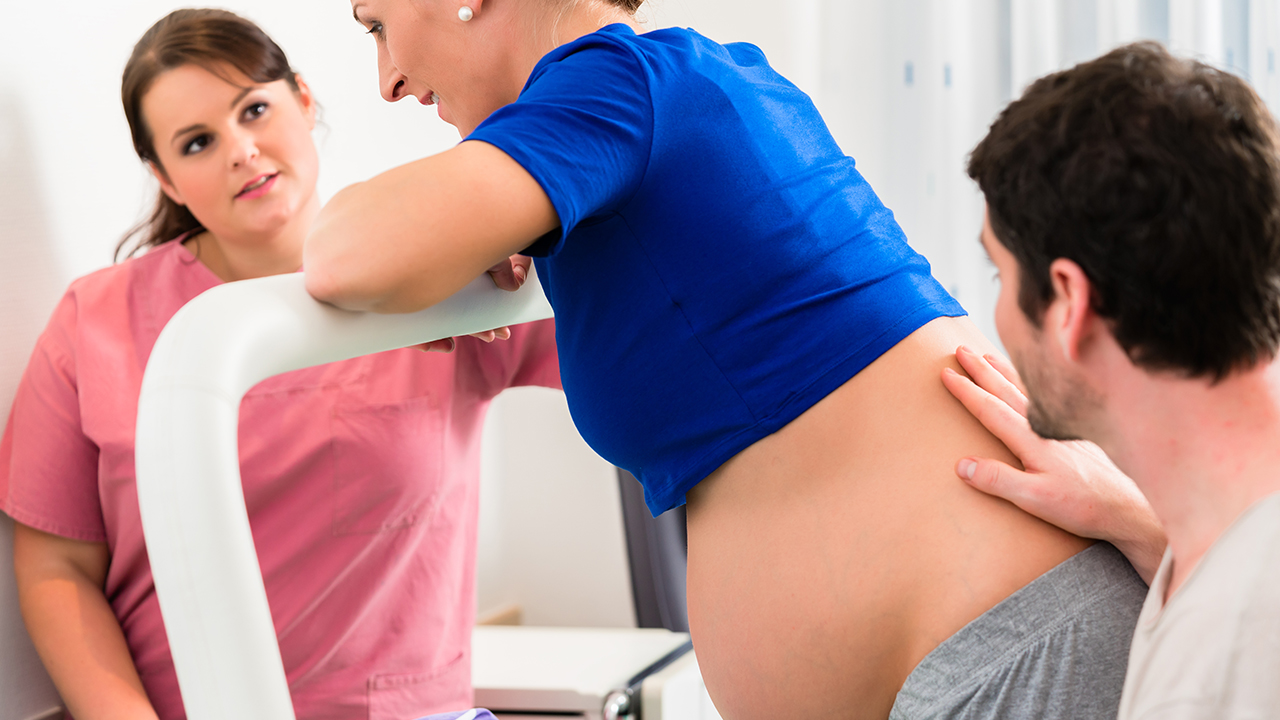Women Need to Do 6 Things If They Have Delayed Menstruation

Delayed menstruation, also known as amenorrhea, is a common problem that can affect women of all ages. Amenorrhea can be caused by a variety of factors, including pregnancy, hormonal imbalances, stress, and certain medical conditions.
While delayed menstruation is not always a cause for concern, it can be a sign of an underlying health problem. If you have delayed menstruation, it is important to see your doctor to rule out any serious medical conditions.
In the meantime, there are 6 things that you can do to help improve your chances of getting your period back on track:
1. Take a pregnancy test
The first step in ruling out delayed menstruation is to take a pregnancy test. If you are pregnant, you will need to see your doctor to confirm the pregnancy and discuss your options.
2. Check your thyroid function
The thyroid gland is a small gland located in the neck that produces hormones that regulate metabolism and growth. An underactive thyroid gland can lead to irregular periods or amenorrhea.
If you have symptoms of an underactive thyroid gland, such as fatigue, weight gain, and constipation, your doctor may order a blood test to check your thyroid function.
3. Manage stress
Stress can disrupt the normal functioning of the hypothalamus, which is the part of the brain that controls the menstrual cycle. When you are stressed, your body produces hormones like cortisol and ***, which can interfere with the production of reproductive hormones.
If you are experiencing stress, there are a number of things that you can do to help manage it, such as exercise, yoga, meditation, and spending time with loved ones.
4. Get regular exercise
Regular exercise can help to improve overall health and well-being, and it can also help to regulate the menstrual cycle. Exercise helps to reduce stress, improve circulation, and promote the production of endorphins, which have mood-boosting effects.
Aim for at least 30 minutes of moderate-intensity exercise most days of the week. If you are new to exercise, start slowly and gradually increase the amount of time and intensity of your workouts over time.
5. Eat a healthy diet
A healthy diet is important for overall health and well-being, and it can also help to regulate the menstrual cycle. Eating a healthy diet can help to maintain a healthy weight, reduce stress, and improve overall hormonal balance.
Aim for a diet that is rich in fruits, vegetables, whole grains, and lean protein. Limit your intake of processed foods, sugary drinks, and unhealthy fats.
6. Get enough sleep
Sleep is essential for overall health and well-being, and it can also help to regulate the menstrual cycle. When you sleep, your body produces hormones that help to regulate the menstrual cycle and prepare your body for pregnancy.
Aim for 7-8 hours of sleep each night. If you have trouble sleeping, there are a number of things that you can do to improve your sleep habits, such as establishing a regular sleep-wake cycle, avoiding caffeine and alcohol before bed, and creating a relaxing bedtime routine.
If you have delayed menstruation, it is important to see your doctor to rule out any serious medical conditions. In the meantime, there are a number of things that you can do to help improve your chances of getting your period back on track.
By following these tips, you can help to regulate your menstrual cycle, improve your overall health and well-being, and reduce your risk of developing serious health problems.
The above is all the content that the editor wants to share with you. I sincerely hope that these contents can bring some help to your life and health, and I also wish that your life will be happier and happier.
Topic: #do #things #to














